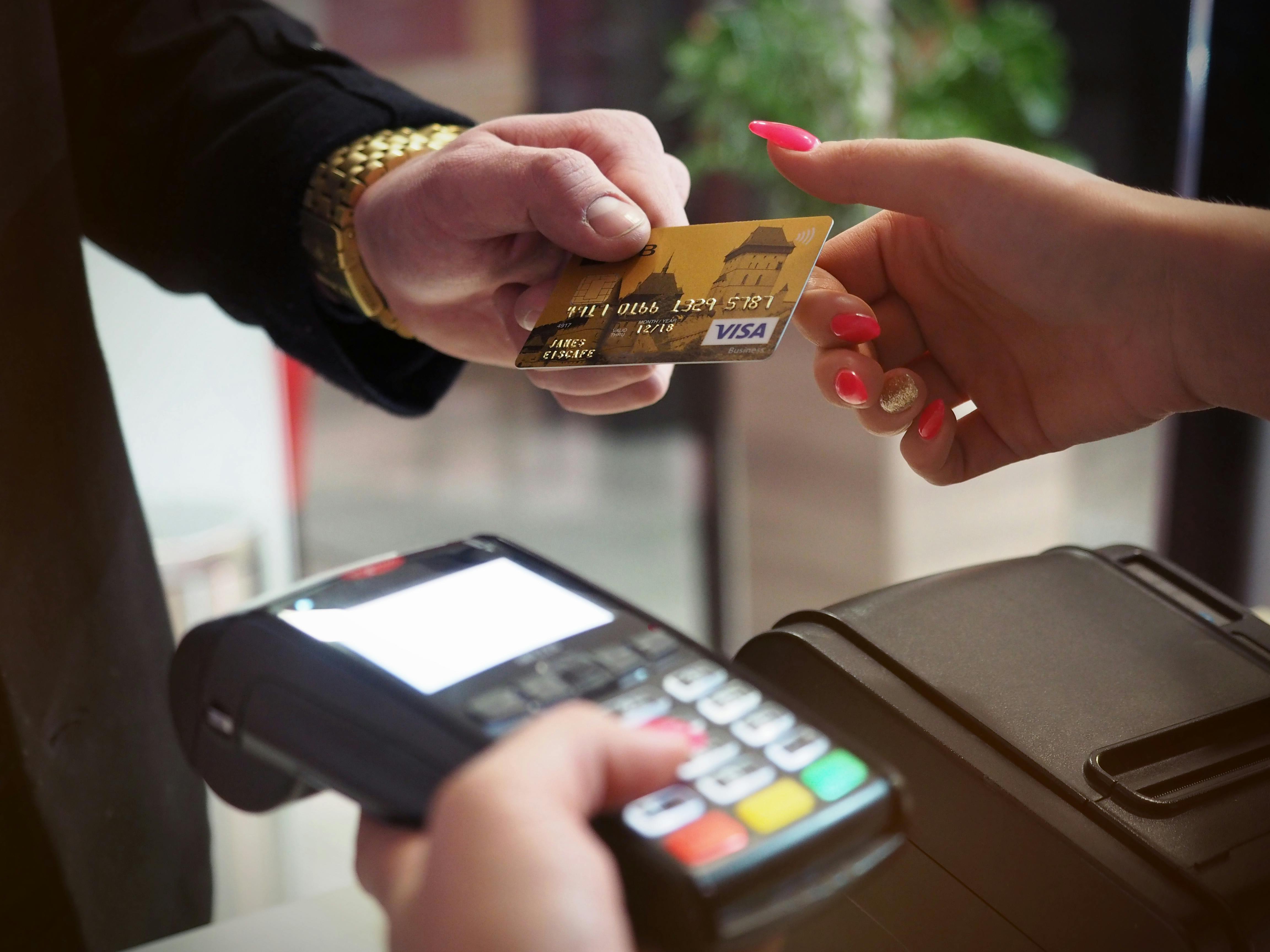
On-Time Payments Alone Won’t Guarantee Credit Score Boost, Experts Warn
Financial experts are cautioning consumers that simply paying bills on time may not be enough to improve their credit scores, despite widespread belief to the contrary. Americans currently carry $1.18 trillion in credit card debt — near record levels — according to the Federal Reserve Bank of New York. The average debt per cardholder stood at $6,371 in Q1 2025, TransUnion data shows.
While timely payments are important, they do not universally translate into better credit scores. “You may be paying rent-to-own, private school tuition, utilities, or internet payments on time every month, and you think it helps your credit score,” said Yanely Espinal of Next Gen Personal Finance. “But a lot of these are not traditional payment types and are not reported to the credit bureaus — so there’s no impact.”

Man and woman with a credit card | Source: Pexels
This is particularly true for “buy now, pay later” (BNPL) loans. Although some providers report repayment data to credit bureaus, many do not. Misunderstandings persist: 62% of BNPL users incorrectly believe on-time payments always help their scores, according to LendingTree.
Missed BNPL payments, however, can damage credit. “Some BNPL lenders will report missed payments, which can hurt your score,” said Matt Schulz, chief consumer finance analyst at LendingTree.

Man paying with a credit card | Source: Pexels
Experts recommend reviewing credit reports regularly at Annualcreditreport.com to understand which payments are being recorded.
Credit utilization — the ratio of used credit to available credit — is also key. FICO notes it comprises about 30% of the score. Espinal urges consumers to keep usage below 10% for optimal results. “Don’t settle for B+ when you can go for the A+,” she said.
The average FICO score stands at 715, but managing both payment history and credit usage is essential for improvement.
